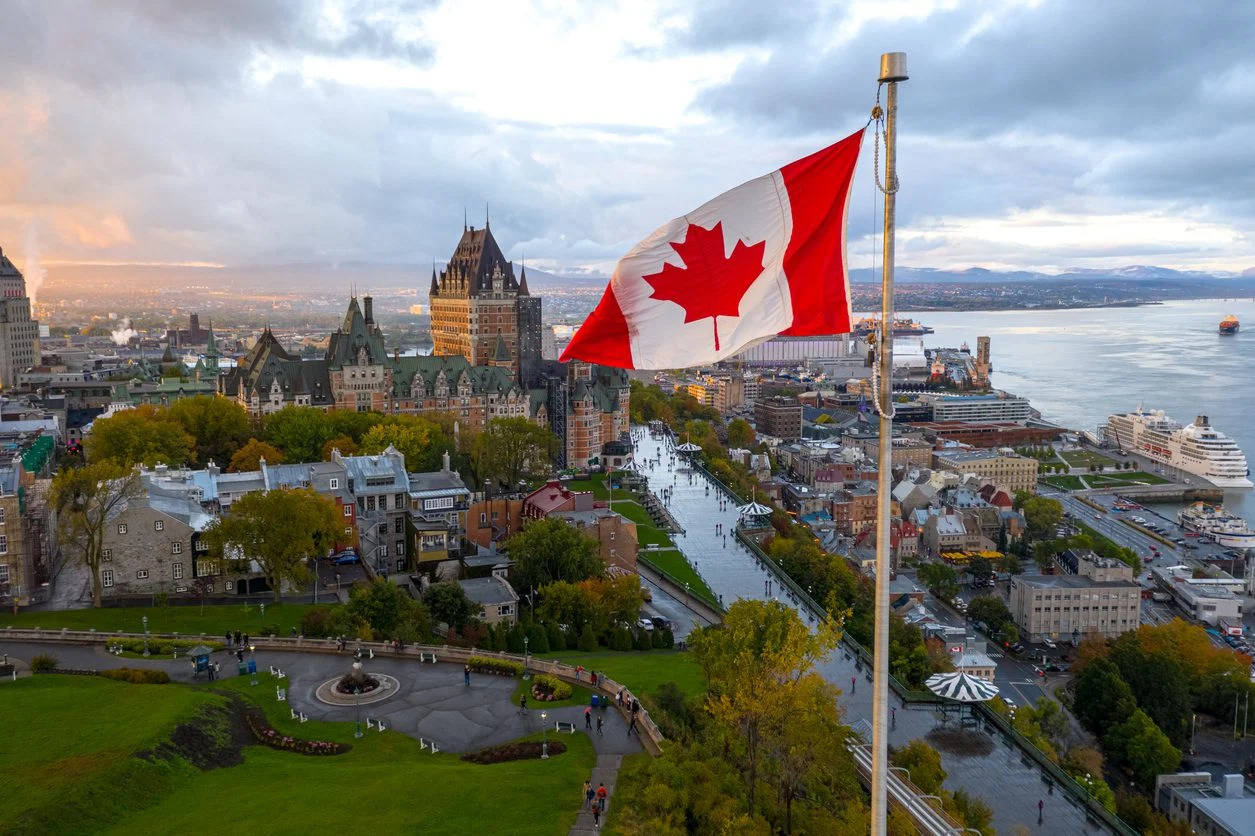[ad_1]
NEW DELHI: The Canadian government on Monday announced that the number of student visas granted over the next two years will be capped. In 2024, a total of 360,000 undergraduate study permits will be approved, a 35% dip from 2023.
Immigration minister Marc Miller unveiled the new measures, which he said are aimed at addressing concerns over the impact of growing numbers of international students on the housing market and targeting institutions engaging in unethical practices.
Notably, each province and territory will receive a share of the permits based on their population. This move is expected to lead to significant decreases in provinces where the international student population has seen unsustainable growth.
Cap to remain till 2025
The cap will remain in place for two years, and the number of visas to be issued in 2025 will be reassessed at the end of this year.
Miller expressed his concern about private institutions taking advantage of international students by operating under-resourced campuses, lacking student support, and charging high tuition fees.
He emphasised that these measures are not targeted at individual international students but rather aim to ensure that future students receive the quality education they expect.
Impact on Indian students
The new cap is likely to have repercussions on Indian students looking to study in Canada. According to data from 2022, India emerged as the nation with the highest number of study permit holders in Canada.
Till November 2023, Indian students accounted for 215,190 out of the 579,075 permits issued or 37%, while in 2022, they made for 225,835 out of 548,785, or 41%
If a cap is implemented, there’s a likelihood that fewer Indian students would be accepted into Canadian university programmes. This might create challenges for well-qualified Indian students, especially in popular fields of study.
Attestation letter
In addition to the visa cap, the Canadian government will also introduce a requirement for international students to provide an attestation letter from a province or territory when applying for a permit.
Miller clarified that the changes are intended to ensure that students arriving in Canada receive the education they signed up for and the support they were promised in their home countries.
Post-graduation work permit
Revisions have also been made to the post-graduation work permit programme.
Starting in September, international students enrolled in programmes offered by private colleges under a curriculum licensing arrangement will no longer be eligible for a post-graduation work permit. However, graduates of master’s and other short graduate-level programs will soon be able to apply for a three-year work permit.
Open work permits will only be available to spouses of international students pursuing master’s and doctoral programs.
These changes come just over a month after Miller’s initial measures aimed at addressing concerns related to what he referred to as “the diploma equivalent of puppy mills”.
Immigration minister Marc Miller unveiled the new measures, which he said are aimed at addressing concerns over the impact of growing numbers of international students on the housing market and targeting institutions engaging in unethical practices.
Notably, each province and territory will receive a share of the permits based on their population. This move is expected to lead to significant decreases in provinces where the international student population has seen unsustainable growth.
Cap to remain till 2025
The cap will remain in place for two years, and the number of visas to be issued in 2025 will be reassessed at the end of this year.
Miller expressed his concern about private institutions taking advantage of international students by operating under-resourced campuses, lacking student support, and charging high tuition fees.
He emphasised that these measures are not targeted at individual international students but rather aim to ensure that future students receive the quality education they expect.
Impact on Indian students
The new cap is likely to have repercussions on Indian students looking to study in Canada. According to data from 2022, India emerged as the nation with the highest number of study permit holders in Canada.
Till November 2023, Indian students accounted for 215,190 out of the 579,075 permits issued or 37%, while in 2022, they made for 225,835 out of 548,785, or 41%
If a cap is implemented, there’s a likelihood that fewer Indian students would be accepted into Canadian university programmes. This might create challenges for well-qualified Indian students, especially in popular fields of study.
Attestation letter
In addition to the visa cap, the Canadian government will also introduce a requirement for international students to provide an attestation letter from a province or territory when applying for a permit.
Miller clarified that the changes are intended to ensure that students arriving in Canada receive the education they signed up for and the support they were promised in their home countries.
Post-graduation work permit
Revisions have also been made to the post-graduation work permit programme.
Starting in September, international students enrolled in programmes offered by private colleges under a curriculum licensing arrangement will no longer be eligible for a post-graduation work permit. However, graduates of master’s and other short graduate-level programs will soon be able to apply for a three-year work permit.
Open work permits will only be available to spouses of international students pursuing master’s and doctoral programs.
These changes come just over a month after Miller’s initial measures aimed at addressing concerns related to what he referred to as “the diploma equivalent of puppy mills”.
[ad_2]
Source link


